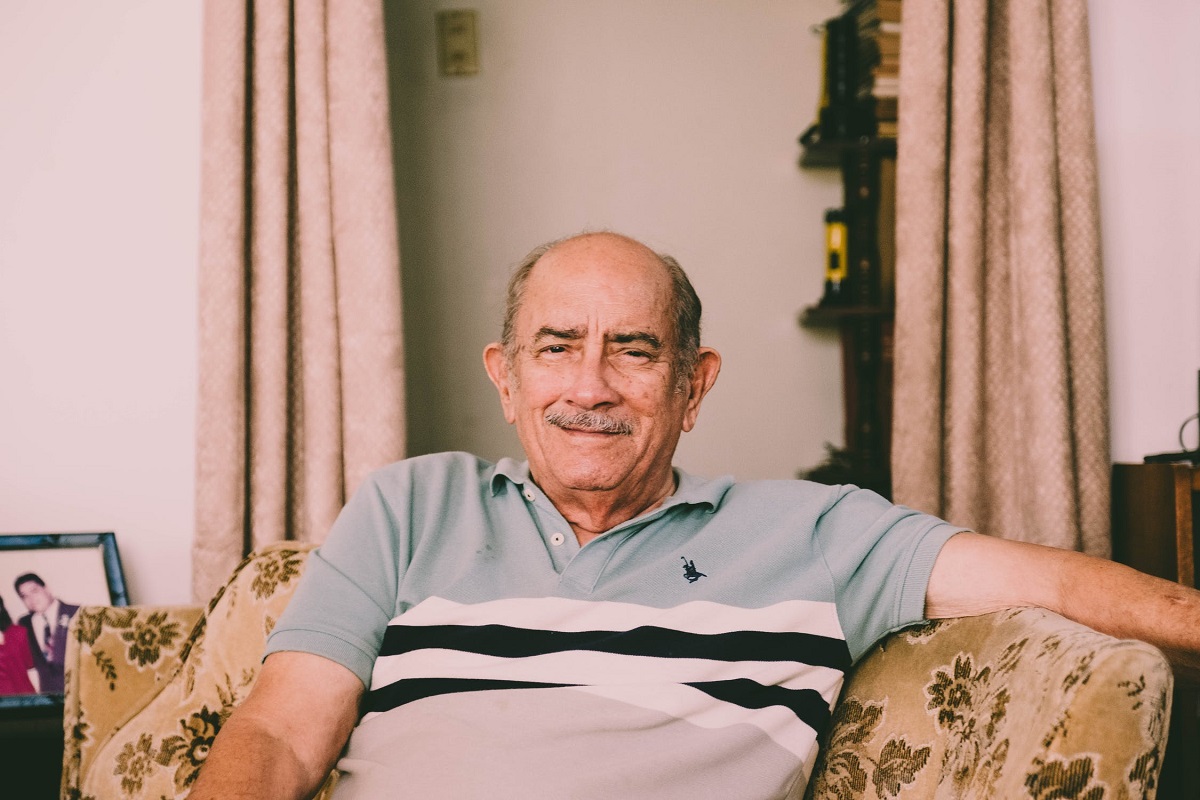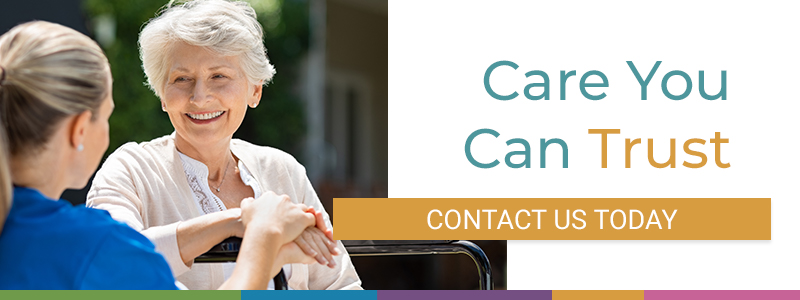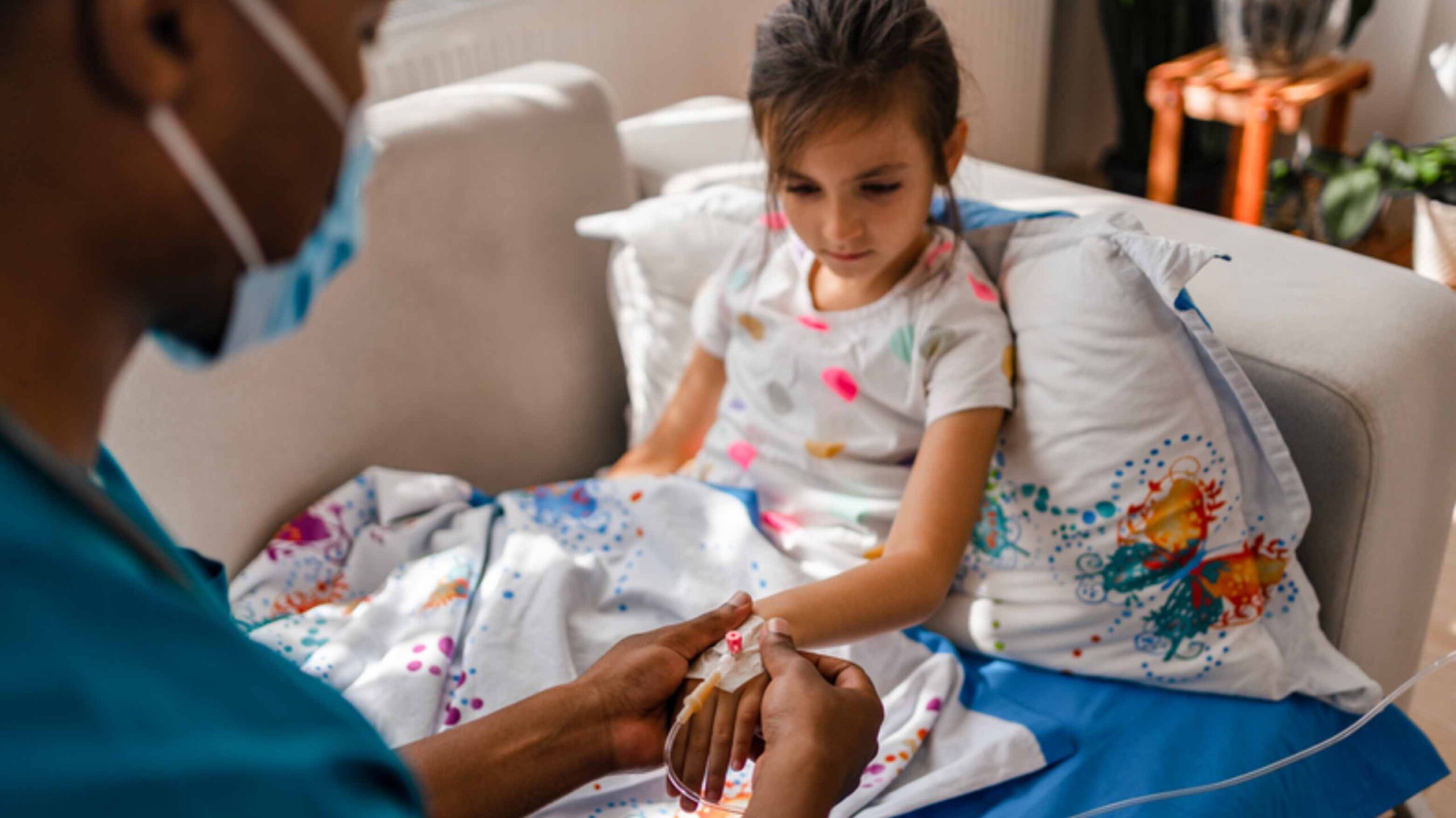If someone in your life recently had an acute stroke, you probably have countless questions circling through your mind—especially about life expectancy.
A stroke is a common yet serious medical event that requires significant recovery, and it can impact life expectancy. However, many stroke patients continue to live a fulfilling life long after rehabilitation.
If you’re hoping to settle the feelings of concern and unease after a loved one’s stroke, this article is for you. We’ll discuss stroke basics, explore the stroke survivor recovery process, and break down life expectancy after a stroke at 70 and beyond for a stroke survivor.
What is a Stroke?
A stroke occurs when something disrupts blood flow to the brain, hindering the transmission of oxygen.1 There are two major types of stroke:
- An acute Ischemic stroke occurs when a clogged artery or narrowed blood vessel restricts blood flow to the brain.
- A Hemorrhagic stroke happens when a blood vessel in the brain bursts, preventing oxygen from reaching brain cells.
There are three common causes of an acute stroke, all related to blood flow:
- Thrombosis, or the formation of a blood clot in the head or neck, prevents blood flow to the brain
- Embolism, when a clot in another part of the body—the heart, for instance—moves to the head or neck
- Stenosis, or the narrowing of a blood vessel leading to the brain due to fatty deposit buildup
During a stroke onset, a loved one may experience vision problems, loss of balance, difficulty understanding or speaking, or intense pain (usually on one side of the body). The likelihood of survival after a stroke is highly dependent on the amount of time it takes for a loved one to receive medical attention. So, caretakers should act immediately if they observe any of these stroke subtype symptoms.
The long-term consequences and risk factors of a stroke can impact a family member’s day-to-day life in a variety of ways. Stroke patients themselves often experience:
- Loss of balance
- Reduced fine and gross motor skills
- Inability to complete basic everyday tasks like standing, sitting, bathing, and cooking
- Impaired speech or cognition
Luckily, stroke patients can often regain these skills with the help of trained professionals and home medical assistance staff.
What’s the Difference Between a Stroke and a Mini Stroke?
Even if your loved one experiences a mini stroke, they can still face a challenging road to recovery.
A mini stroke, or a transient ischemic attack (TIA), appears to be short-term. While mini stroke symptoms in the elderly are largely the same as a traditional stroke, the signs may disappear after just a few minutes or persist for up to 24 hours.2
How is a TIA different from a traditional stroke? During a TIA, blood flow is disrupted in the brain, spinal cord, or retina only briefly, causing short stroke symptoms and limited brain cell damage.
However, mini strokes should be taken just as seriously as their major counterparts—mini strokes can often be a sign that a larger stroke is coming, and patients are at high risk for stroke for 48 hours after a TIA. One in three patients experiences a traditional stroke in the aftermath of a TIA.
With these statistics in mind, it’s crucial to remember that mini strokes are also a serious medical event requiring immediate clinical care. The symptoms are usually identical to a traditional stroke:
- Impaired speech
- Body numbness on one side
- Impaired vision
However, these symptoms can subside in just a few minutes. If you notice a loved one experiencing any of these, take them to the emergency room as soon as possible.
Why Are Strokes Common for Elderly People?
Unfortunately, the causes of a stroke are very common in older patients. So what are the causes of stroke in the elderly:
- As we age, we’re more likely to experience the compounding effects of vasoconstriction, or the shrinking of blood vessels that carry oxygen to the brain.
- Throughout our lives, our dietary choices and genetic predispositions catch up with us. For these reasons, older patients may be more likely to experience a blood clot, especially when combined with a higher likelihood of vasoconstriction.
- As a result of lower mobility in old age, a lack of exercise can lead to reduced cardiovascular health, increasing the likelihood of blood clots that can cause a heart attack or stroke.
While reduced nutrition is also likely among aging populations, diet isn’t everything when it comes to stroke prevention. Even if a loved one in your life maintains a top-tier diet, low activity levels, and general impacts of aging can still put elders at a higher risk for stroke.
Unfortunately, strokes in old age can also seriously impact everyday abilities, like:
- Standing, sitting, and basic balance skills
- Speaking and understanding
- Vital self-care functions like bathing and cooking
With this in mind, it’s even more important for seniors and symptomatic patients to take stroke prevention measures since they’re more likely to experience them in general. The following steps can help elders avoid a stroke risk and its aftermath:
- Quitting smoking – While smoking traditional cigarettes wreaks havoc on the respiratory system, even using alternative nicotine supplements (like gum, patches, or e-cigarettes) can increase stroke risks. Nicotine is a vasoconstrictor, increasing the likelihood of a blood clot.3
- Controlling cholesterol – If an elderly loved one has high cholesterol, consult a medical professional to consider pharmaceutical or nutritional intervention.
- Managing diabetes – Seniors with blood sugar regulation problems will often experience cardiovascular degradation, increasing the risk for blood clots and vasoconstriction.
- Maintaining a healthy diet and exercise routine – Reducing fatty food intake will reduce the likelihood of fat deposit buildup in blood vessels. Regular exercise can also improve overall cardiovascular health, leading to improved blood vessel elasticity and blood-oxygen saturation.
Seniors are simply more likely to have a stroke due to predispositions of aging, therefore stroke prevention tactics are even more vital.
What Does Stroke Recovery Look Like?
After a stroke, your loved one’s medical team will create a care plan involving a variety of recovery strategies. There are three common tactics for improving quality of life and regaining basic functionality after a stroke:4
- Physical therapy
- Occupational therapy
- Speech therapy
Here’s a closer look at what these recovery options might look like in practice:
- Physical therapy improves a loved one’s general ability to use and control their body. By performing rehabilitation exercises and balance exercises for seniors, supervised by a qualified physical therapist, seniors can rebuild lost muscle control and maintain healthy joints, both of which are crucial for everyday function.
- Occupational therapists help patients regain the skills, cognitive function, and body control needed to perform everyday tasks like cooking, bathing, dressing, and eating, drinking, writing, and using the toilet. Occupational therapists focus on specific movements and procedures needed for these common tasks, while physical therapists build overall physical health after a stroke.
- Speech therapists help stroke patients regain their speech and cognitive abilities, seeking to re-establish a patient’s function levels pre-stroke. While not all stroke patients experience speech and cognitive loss, your loved one’s medical professional will likely still recommend evaluation from a speech therapist to determine their care needs.
Stroke recovery can present major challenges for seniors and the general population, and healing can be a long road. With the help of your loved one’s care team, stroke recovery is possible, and many people regain the functions they had before stroke after consistent, significant therapies.
How Does a Stroke Impact Life Expectancy?
Despite the likelihood of making a full recovery, life expectancy after stroke incidents can decrease. Unfortunately, researchers have observed a wide range of life expectancy changes in stroke patients, but the average reduction in lifespan is nine and a half years.5
While life expectancy after mini stroke at 70 presents the same likelihood of a reduction in lifespan, these data are also dependent upon a variety of factors:
- The rigor of recovery efforts – If the elderly person in your life fully commits to stroke recovery via therapies, pharmaceutical interventions, and lifestyle changes, they’re more likely to fully return to their previous quality of life and achieve longevity.
- Pre-existing conditions – Strokes are often comorbid with other conditions like diabetes, high cholesterol, or malnutrition. Keeping other illnesses or deficiencies in check with the help of a medical team can improve post-stroke life expectancy outcomes for seniors.
- Age – The age of your loved one at the time of their stroke can significantly impact their post-stroke life expectancy. In older age and already reduced physical, mental, and occupational abilities, older stroke patients are often already at a disadvantage despite their commitment to recovery. Patients with existing muscle atrophy or cognitive impairment pre-stroke are very unlikely to recover the facilities they had in youth.
But, medical professionals encourage loved ones to resist thinking about life expectancy. Simply focusing on recovery and providing a comfortable, happy life for seniors after a stroke will improve quality of life, a much more important consideration than the quantity of years.
Alliance Homecare: Stress-Free Stroke Recovery
Stroke recovery is a significant, long-term process requiring hands-on medical intervention. While a stroke can be a debilitating life event, don’t lose hope. Many patients still live long, happy lives after a cardiovascular incident.
At Alliance Homecare, we’re here to help with your loved ones’ stroke recovery—or any other medical condition that occurs in old age. Our team of highly trained, compassionate professionals understands the obligation of eldercare, and we’re here to support your family when you need it most and provide you with all of the benefits of home care.
Whether a senior in your life is recovering from a major medical event or simply requires more care in their advanced years, our elite private duty nursing team will provide the best possible care to the most important people in your family.
Sources:
- National Institutes of Health. Stroke. https://www.nia.nih.gov/health/stroke
- Mayo Clinic. Mini Stroke vs. regular Stroke: What’s the Difference? https://www.mayoclinic.org/diseases-conditions/transient-ischemic-attack/expert-answers/mini-stroke/faq-20058390
- US National Library of Medicine. Cardiovascular Toxicity of Nicotine: Implications for Electronic Cigarette Use. https://www.ncbi.nlm.nih.gov/pmc/articles/PMC4958544/
- National Institutes of Health. Rehabilitation After Stroke. https://www.nia.nih.gov/health/rehabilitation-after-stroke
- National Library of Medicine. Quality-adjusted life expectancy (QALE) and loss of QALE for patients with ischemic stroke and intracerebral hemorrhage: a 13-year follow-up. https://pubmed.ncbi.nlm.nih.gov/20150543/





